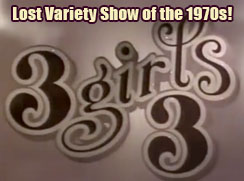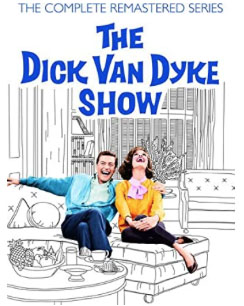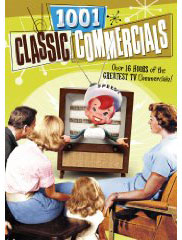




 |
 |
 |
 |
 |
| |
||||
|
Carol Burnett ended her classic program in 1978 and “Donny & Marie” left the building the year after. After that, it’s been pretty desolate. Even various attempts to revive the genre--even via the major star power of people like Dolly Parton (who attempted a variety show over ABC in 1987)—have not been successful. Still that didn’t/hasn’t stop the networks from sometimes trying to revive this once great small screen tradition. One interesting attempt arrived in early 1977. Titled “3 Girls 3,” the show debuted in March of 1977 on NBC. It was an hour-long. It’s main draw was its trio of three stars: Mimi Kennedy, Ellen Foley and Debbie Allen. (Filling out the cast was Oliver Clark, Richard Byrd and the Alan Johnson Dancers.)
Though the three leads could do just about anything show biz-wise, the three had been hired for their various their specialties: Kennedy’s was comedy; Foley was the singer, and Allen, the dancer. The show was rather meta in a way. It was a hybrid, a combination of variety show and situational comedy, a show within a show. On it, the three leads played “unknowns” who had—just like in real life!--found themselves cast in a network variety show. The cameras each week not only showed them performing song-and-dance and comedy numbers, it also followed them “backstage,” interacting with each other in sitcom-style installments as the three tried to navigate their program and their new notoriety. In the show, each of the actresses played “themselves” and, according to Kennedy’s memoir, “Taken To the Stage,” their storylines were based on some elements of their own lives. In its set-up, “3 Girls” was not unlike the style of the infamous “Brady Bunch Variety Hour” of 1976. However, unlike that notorious “Brady” reboot, “Girls” was hit with the critics. Upon its debut on March 30, 1977, the “New York Times” called the show “the freshest, liveliest and most exciting premier of a series that television has concocted in years!” Critic George Tashman called it a “smash” and another said, “The peppy pilot gave the variety format a new lease on the screen.” The show was co-produced by Gail Parent and Kenny Solms. Solms doubled as the never-seen voice of the show’s within a show’s director. “3 Girls’” opening installment gave each of its stars a chance to shine. Foley sang a version of “Since I Fell for You”; Debbie Allen danced to “Sophisticated Lady, and Kennedy did a skit where, after seeing it, a critic compared her to Lily Tomlin and “Mary Hartman’s” Louise Lasser.
The debut episode did well in its debut, garnering a 29 overnight share of the audience. But, for whatever reason, NBC did not immediately follow it up with another scheduled episode a week later. Instead, they turned the timeslot over to Don Rickles’ “CPO Sharkey” series! The network seemed to have given up on the series almost as soon as it was launched! But NBC eventually fielded enough complaints from viewers that they went ahead and aired the remaining, already-produced three episodes of the show. These three aired in June of 1977. And that was it. (Thankfully, today, all the episodes can be found on Youtube.) The demise of their show however did little to stymie the careers of its production team. Parent, along with being a successful novelist, has gone on to work on the shows “The Golden Girls” and “Tracey Takes On.” Solms has also written and produced. Some of his credits include TV specials with Neil Diamond and Carol Burnett. And, of course, the three leading ladies have done pretty well for themselves.
As mentioned, Ellen Foley went note-to-note with Meat Loaf on his 14x platinum selling album “Bat Out of Hell.” Along with her own musical career, she was part of the cast of TV’s original “Night Court” and has to her credit a host of other film, TV and stage roles.
The three leads’ endurance and blossoming is not surprising. Even at the time of “3 Girls,” one critic at the time said, “One thing is certain—you’ll see Debbie and Ellen and Mimi again and again. These kids are not about to fade away.” |
